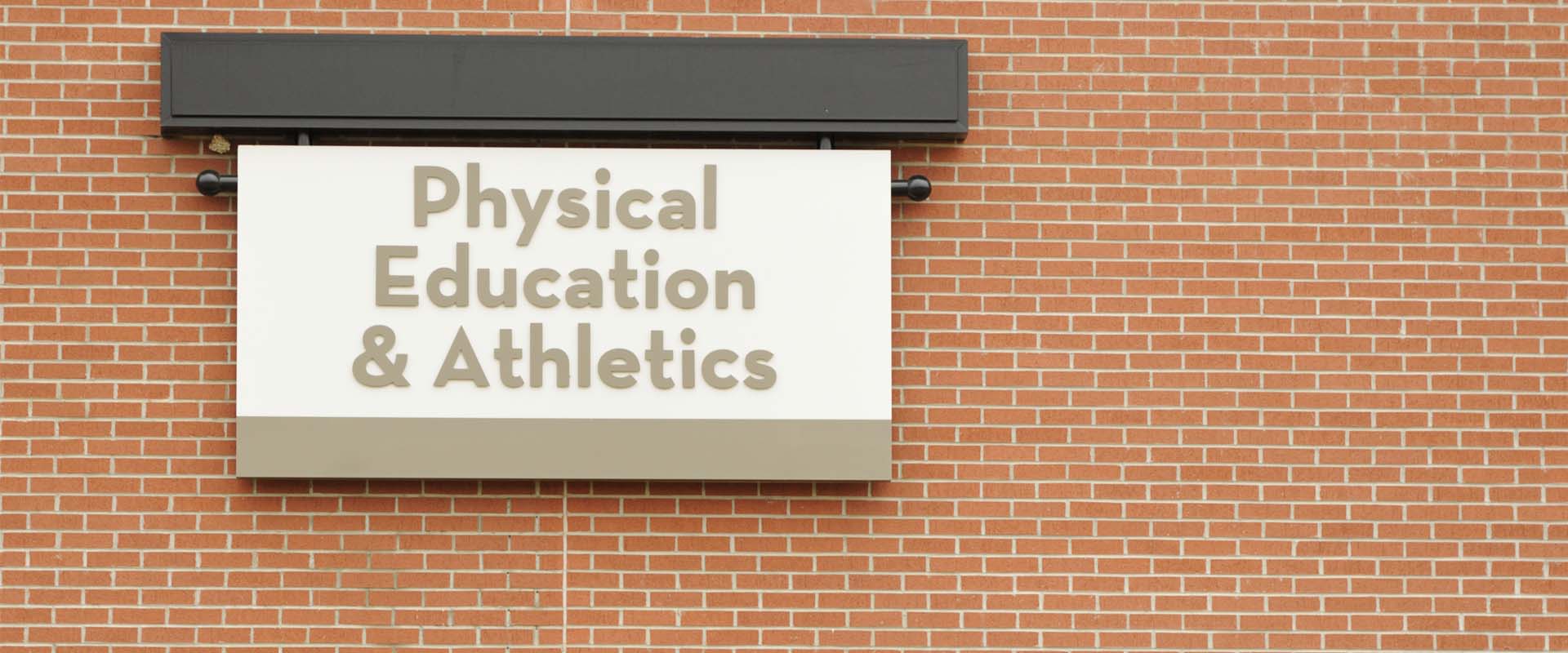Student Athlete's Right to Kneel during National Anthem Likely Protected by the First Amendment

January 2018
Number 2
A federal district court in California has granted a preliminary injunction blocking a school district's policy requiring student athletes to stand during the national anthem at school sporting events.
In V.A. v. San Pasqual Valley Unified School District, the Southern District of California court ruled that kneeling in silent protest is a form of student symbolic speech protected under the First Amendment.
Background
During the first game of the 2017 varsity football season, which was played at the plaintiff student's school, high school senior V.A. performed a silent protest by kneeling during the national anthem. After doing the same at the team's second game, which was played at an Arizona high school, students from the opposing team's school approached students from plaintiff's school, made racial slurs, threatened to force plaintiff to stand, and sprayed water on the students, striking a nearby cheerleader. After receiving feedback from the community, parents and staff that included concerns about safety, the superintendent issued a memorandum to all of the district's coaches with a new directive requiring student athletes to stand during the national anthem. The memorandum added that kneeling, sitting or any similar form of political protest could result in removal from the team and from subsequent athletic teams for the remainder of the school year.
The court granted a preliminary injunction in the student's favor. In doing so, it relied on the U.S. Supreme Court's preeminent student speech opinion,Tinker v. Des Moines Independent Community School District, which established the principle that students do not shed their free speech rights in school and may exercise such rights absent a material and substantial disruption to the educational environment. Like the students inTinker, who wore black armbands in silent protest of the Vietnam War, the student plaintiff's silent kneeling did not rise to a level of material interference with or substantial disruption of school activities. The court explained that any threat to student safety was diminished by the district's agreement to no longer play the Arizona school in sports.
Takeaways
While the preliminary injunction was issued by a federal district court and is thus not binding on all California school districts, the court's reasoned analysis appears well supported by legal authority and reinforces the idea that, when it comes to student free speech, a school has less deference to restrict speech that expresses a student's personal opinion. Notably, the V.A. ruling is the first of its kind with regard to K-12 students since the recent spate of silent protests that players have made during professional and college sporting events.
For more information about this ruling or on addressing student free speech rights in general, please contact an attorney at one of our eight offices located statewide. You can also visit our website, follow us on Facebook or Twitter or download our Client News Brief App.
Number 2
A federal district court in California has granted a preliminary injunction blocking a school district's policy requiring student athletes to stand during the national anthem at school sporting events.
In V.A. v. San Pasqual Valley Unified School District, the Southern District of California court ruled that kneeling in silent protest is a form of student symbolic speech protected under the First Amendment.
Background
During the first game of the 2017 varsity football season, which was played at the plaintiff student's school, high school senior V.A. performed a silent protest by kneeling during the national anthem. After doing the same at the team's second game, which was played at an Arizona high school, students from the opposing team's school approached students from plaintiff's school, made racial slurs, threatened to force plaintiff to stand, and sprayed water on the students, striking a nearby cheerleader. After receiving feedback from the community, parents and staff that included concerns about safety, the superintendent issued a memorandum to all of the district's coaches with a new directive requiring student athletes to stand during the national anthem. The memorandum added that kneeling, sitting or any similar form of political protest could result in removal from the team and from subsequent athletic teams for the remainder of the school year.
The court granted a preliminary injunction in the student's favor. In doing so, it relied on the U.S. Supreme Court's preeminent student speech opinion,Tinker v. Des Moines Independent Community School District, which established the principle that students do not shed their free speech rights in school and may exercise such rights absent a material and substantial disruption to the educational environment. Like the students inTinker, who wore black armbands in silent protest of the Vietnam War, the student plaintiff's silent kneeling did not rise to a level of material interference with or substantial disruption of school activities. The court explained that any threat to student safety was diminished by the district's agreement to no longer play the Arizona school in sports.
Takeaways
While the preliminary injunction was issued by a federal district court and is thus not binding on all California school districts, the court's reasoned analysis appears well supported by legal authority and reinforces the idea that, when it comes to student free speech, a school has less deference to restrict speech that expresses a student's personal opinion. Notably, the V.A. ruling is the first of its kind with regard to K-12 students since the recent spate of silent protests that players have made during professional and college sporting events.
For more information about this ruling or on addressing student free speech rights in general, please contact an attorney at one of our eight offices located statewide. You can also visit our website, follow us on Facebook or Twitter or download our Client News Brief App.
As the information contained herein is necessarily general, its application to a particular set of facts and circumstances may vary. For this reason, this News Brief does not constitute legal advice. We recommend that you consult with your counsel prior to acting on the information contained herein.




